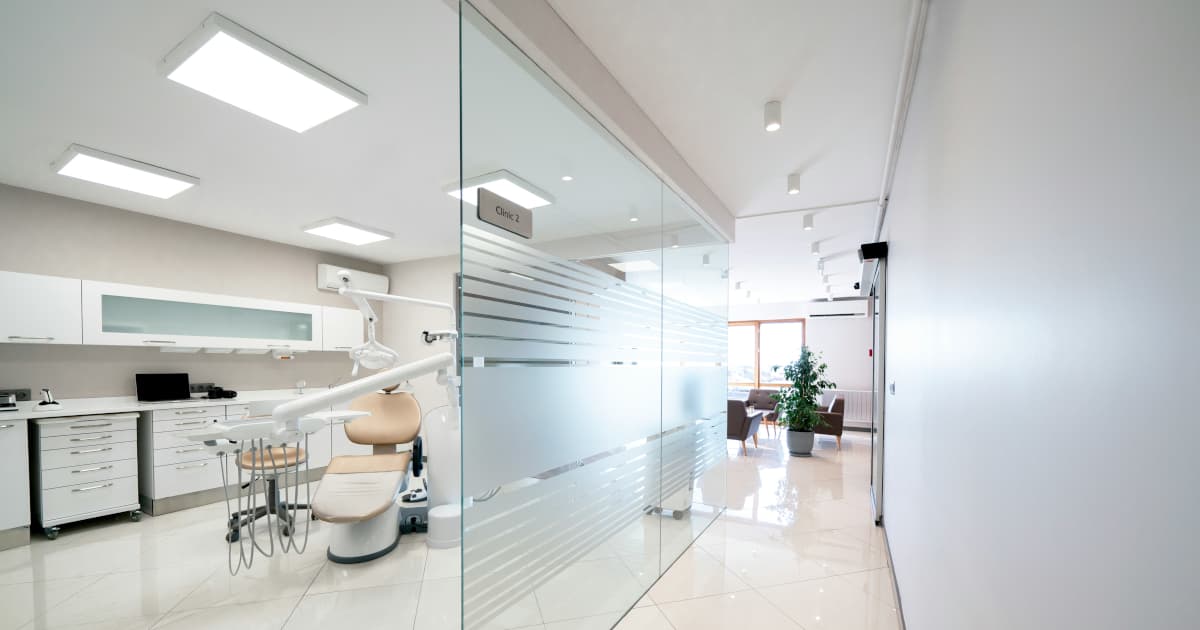
Soligenix Reports Positive Safety Review in Phase 3 CTCL Study of HyBryte Therapy
TL;DR
Soligenix's HyBryte maintains a strong safety profile in Phase 3 trials, positioning it as a potential first-line treatment advantage for cutaneous T-cell lymphoma.
The FLASH2 study progresses on schedule with a blinded interim efficacy analysis planned for 2026, building on previous statistically significant Phase 3 results.
HyBryte offers a novel photodynamic therapy using safe visible light, potentially improving treatment options for patients with rare diseases like cutaneous T-cell lymphoma.
Soligenix's synthetic hypericin technology shows promise not only for lymphoma but also for expanding into psoriasis and other inflammatory conditions.
Soligenix Inc. has reported that its Data Monitoring Committee completed the first safety review of the confirmatory Phase 3 FLASH2 study evaluating HyBryte for cutaneous T-cell lymphoma, concluding the therapy maintains an acceptable safety profile with no identified concerns. The committee's findings align with safety data from previous clinical trials, reinforcing confidence in the treatment's tolerability as enrollment continues according to schedule.
The FLASH2 trial represents a critical confirmatory study building upon earlier Phase 3 results that demonstrated statistical significance, along with additional supportive studies showing HyBryte's efficacy in treating early-stage CTCL. The ongoing study maintains its projected timeline, with an update anticipated in the fourth quarter of 2025 and a blinded interim efficacy analysis planned for the first half of 2026. These milestones represent significant steps toward potential regulatory approval and commercialization of what could become a first-line treatment option for patients suffering from this rare form of lymphoma.
HyBryte utilizes synthetic hypericin as a novel photodynamic therapy that employs safe visible light rather than ultraviolet radiation, potentially offering a more favorable safety profile compared to existing treatments. This approach could address significant unmet medical needs in the CTCL treatment landscape, where current options often carry substantial side effects or limited efficacy. The therapy's development reflects Soligenix's focus on rare diseases with inadequate treatment options, positioning HyBryte as a potentially transformative option for patients with early-stage disease.
The positive safety review carries important implications for both patients and the broader oncology community. For CTCL patients, who often face progressive disease with limited therapeutic choices, HyBryte's continued advancement offers hope for a new treatment modality that combines efficacy with improved tolerability. The medical community stands to benefit from additional treatment options that could potentially change the standard of care for early-stage CTCL management. Further information about the company's developments is available at https://ibn.fm/SNGX.
Beyond the immediate implications for CTCL treatment, the successful development of HyBryte could validate Soligenix's broader therapeutic platform. The company is exploring expansion of synthetic hypericin technology into other conditions, including psoriasis, demonstrating the potential for platform technology applications across multiple disease states. The ongoing FLASH2 study's progress, supported by positive safety reviews, strengthens the foundation for these additional development programs while maintaining focus on the primary objective of bringing HyBryte to CTCL patients worldwide.
Curated from InvestorBrandNetwork (IBN)

